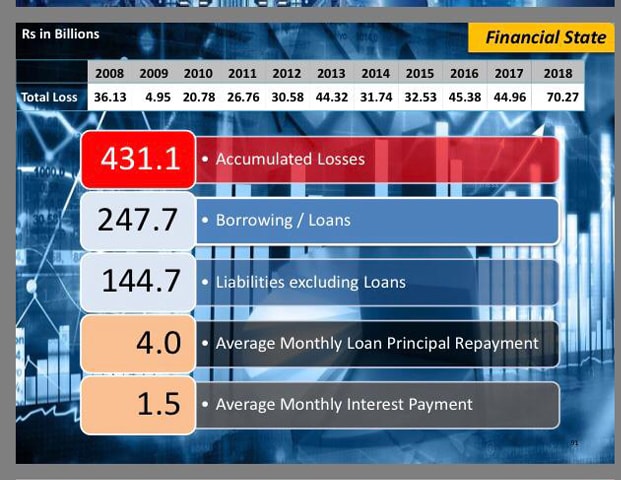ISLAMABAD: Implementation of the mobile registration system has been postponed till Jan 25 on the directive of the Senate Standing Committee on Information Technology issued to the Pakistan Telecommunication Authority on Tuesday.
“This system is too confusing for the literate to wrap their heads around. We cannot imagine how the illiterate will understand it,” said Senator Rubina Khalid, chairperson of the parliamentary committee that met here for a briefing on the Device Identification, Registration and Blocking System (DIRBS).
The DIRBS launched by the PTA was scheduled to come into effect from Jan 15. After the implementation of the system all unregistered mobile phones will become unusable.
Senate committee expresses shock over PTA’s move to monitor international calls
The Senate committee believed that the implementation of the system would only add to the problems of people coming from abroad. “Passengers cannot afford to be delayed at our unfriendly airports and forced to stand in queues just to register their phones,” said Senator Khalid, while directing the PTA to extend the period to register phones from 30 to 60 days for people coming to Pakistan from abroad.
The PTA had launched the DIRBS mechanism in May last year to counter the spread of substandard phones being smuggled into the country. The new registration system was developed using indigenous technology with the goal to curtail the sale and use of counterfeit, substandard mobile phones.
While the Senate committee had directed the PTA in October as well to postpone the implementation of the phone registration system, the authority announced that it would still go ahead with the mobile registration system from Dec 1.
The Senate committee members on Tuesday took strong notice of the matter and asked why the PTA had implemented DIRBS despite its directive to postpone it until the members fully understood its functioning.
Muttahida Qaumi Movement Senator Mian Mohammad Ateeq Shaikh, who had warned in previous meetings that he would ask the Supreme Court to take suo motu action on the issue if the registration deadline was not extended, proposed to the committee to hold relevant officials accountable for going ahead with the implementation plan despite Senate committee’s directive.
Senator Shaikh believed that the system favoured the telecom industry more than consumers.
While PTA Chairman Mohammad Naveed said that the mobile registration system would be fully functional after Jan 15, the chairperson of the Senate committee insisted that its implementation be postponed for another 10 days to ensure that consumers did not have to suffer and mechanism was made simple.
Monitoring mechanism
The parliamentary committee also expressed displeasure over the grant of permission by the PTA to mobile phone operators for installation of a mechanism to monitor international calls.
“This news has shocked us that international calls will be monitored. Who will monitor the calls and who will have access to such data is a matter of concern and possible threat to national security,” said Senator Khalid.
While a representative from the cellular phone industry informed the committee that the new monitoring system was being placed under a licence agreement signed with the PTA to check incoming international calls through illegal channels, also known as grey traffic, the senators directed the PTA to look into the matter and demanded a separate briefing on the issue.
PTA Chairman Naveed informed the Senate committee that the security agencies were on board and assessing the feasibility of the new monitoring mechanism.
Pension
The IT ministry informed the Senate committee that it could not pay the colossal Rs39 billion pension to 40,000 retired employees of the Pakistan Telecommunication Company (PTCL) upfront. There are roughly 5,000 widows among the pensioners. “We are moving in the right direction by trying to figure out a way to pay the pensioners,” said IT Secretary Maroof Afzal while briefing the Senate standing committee.
The federal IT minister believed that the 20 per cent increase in pensions announced by the then PPP government eight years ago had been passed on to the new government. “Nonetheless, we have written to the prime minister to look into the matter on compassionate grounds,” he said.
Published in Dawn, January 16th, 2019










